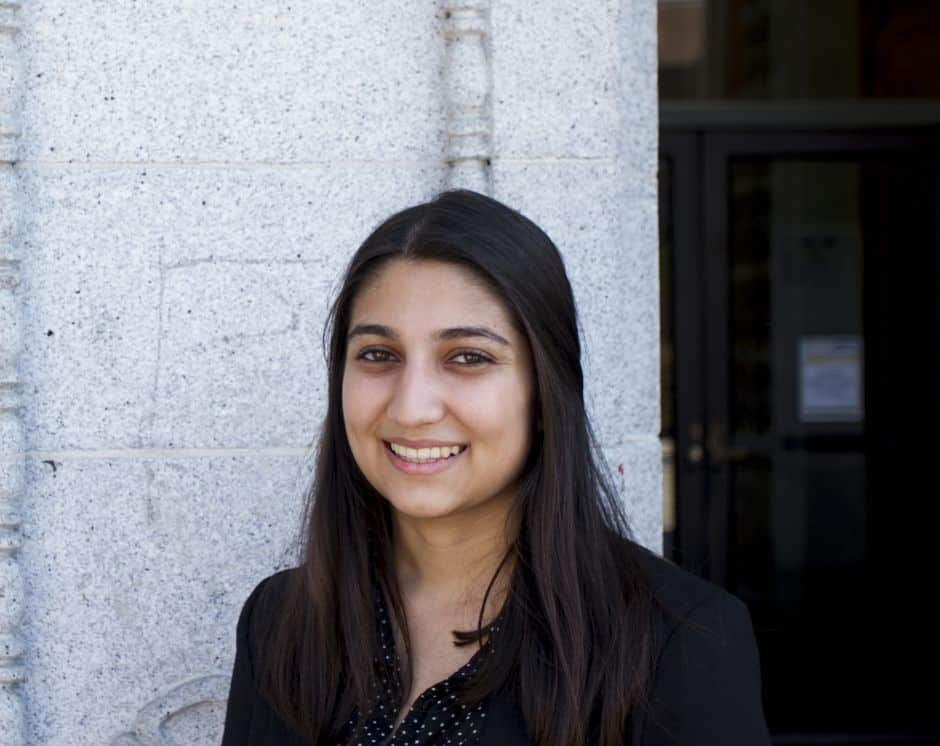Introduction
In the aftermath of a 2016 election marred by Russian online meddling, federal officials responsible for enforcing campaign finance rules have grappled with how to strengthen internet political advertising rules to enhance transparency and defend against foreign interference.
But on Thursday, at the end of a two-day public hearing the Federal Election Commission convened on internet political ads, it’s still unclear what concrete changes will occur — if any at all.
FEC Chairwoman Caroline Hunter, R, said she thinks it’s “not likely” that the commission will roll out new online political ad rules in time for the November midterm elections.
Vice Chairwoman Ellen Weintraub, D, said her goal is to have a “better” rule in place in time for the election — “I continue to believe that is doable.”
Federal Election Commission commissioners agreed in principle that online political ad rules need an update — the commission last comprehensively revised its rules governing internet disclaimers back in 2006, when MySpace dominated social media and Twitter was in its first days of operation.
But commissioners diverged on the minute details of how such a disclaimer should be formatted and whether the commission can move fast enough to implement rules before the election.
At Thursday’s hearing, commissioners publicly pondered how a disclaimer might look when viewed on, say, a Facebook ad or a sponsored Twitter post.
Current FEC guidance calls for a clear sponsorship disclaimer on any Facebook ads. But the FEC provides no specific direction on what that disclaimer should look like.
Should online political ads include a full-blown, “Paid for by X”-style disclaimer — similar to television ads — in an effort to reveal its sponsors? If that’s not feasible, should some sort of graphic icon, or perhaps short text with a link to more information, be attached to online political ads?
Weintraub advocates for rules mandating that online political ads include a full sponsorship disclaimer when possible, recognizing that in some cases — for example digital ads with character limits — truncated text with a link to more information would suffice.
Hunter is pushing for rules that allow more leeway for companies to choose the alternative option of a graphic icon with a link to the full disclaimer text — an option advocated by some of the 18 people who testified Wednesday and Thursday before the FEC, including representatives for TechFreedom and Americans for Prosperity.
Leaving it up to companies displaying online political ads is the best choice, said Doug Hochberg, chief digital officer for the Republican National Committee, who testified at the hearing.
That’s essentially how it works now: Companies such as Facebook and Twitter are largely writing their own rules for political committees buying ads on their platforms.
For the FEC to select a certain threshold determining whether a political ad requires a full disclaimer or an icon would be “arbitrary,” Hochberg said at Thursday’s FEC hearing.
“Most people understand you can click and get additional information,” even though click through rates are often extremely low, Hunter said.
However, Christine Bannan, a fellow at the Electronic Privacy Information Center, urged commissioners to pass a rule requiring online political ads display the names of their sponsors.
Chris Nolan, founder of political ads and analytics company Spot-On, noted California election transparency laws require that online ads include a “paid for by” disclaimer and that this requirement, in her experience, is not onerous.
Only four of the FEC’s six commissioner slots are currently filled — President Donald Trump has not nominated people to fill the commission’s two vacant seats, which have sat unoccupied since March 2017 and February 2018.
The practical implication? The FEC must unanimously agree on any new regulations governing online political ads, as commission rules require at least four affirmative commissioner votes to approve regulations, fine a political committee or take most any other substantive action.
Hunter and Weintraub, who’ve regularly clashed with one another over how to regulate election activity, left the hearing without reaching any agreement.
Hunter affirmed after the hearing that she’s in no hurry to act.
“No one wants to change the rules of a game when a game has already started,” Hunter said.
READ MORE:
Federal officials struggle to drag political ad rules into the internet age
Will Trump’s next Supreme Court pick be another millionaire?
Democratic super PAC hits jackpot with Chinese company stock
Read more in Money and Democracy
Money and Democracy
Five years ago, the FEC’s top lawyer resigned. No permanent replacement has yet been named.
Other top jobs remain vacant or filled with ‘acting’ officials as 2018 midterms near
Money and Democracy
The financial disclosures for Trump’s possible Supreme Court nominees
The Center for Public Integrity is tracking the disclosure forms for potential nominees to replace Justice Anthony Kennedy


Join the conversation
Show Comments